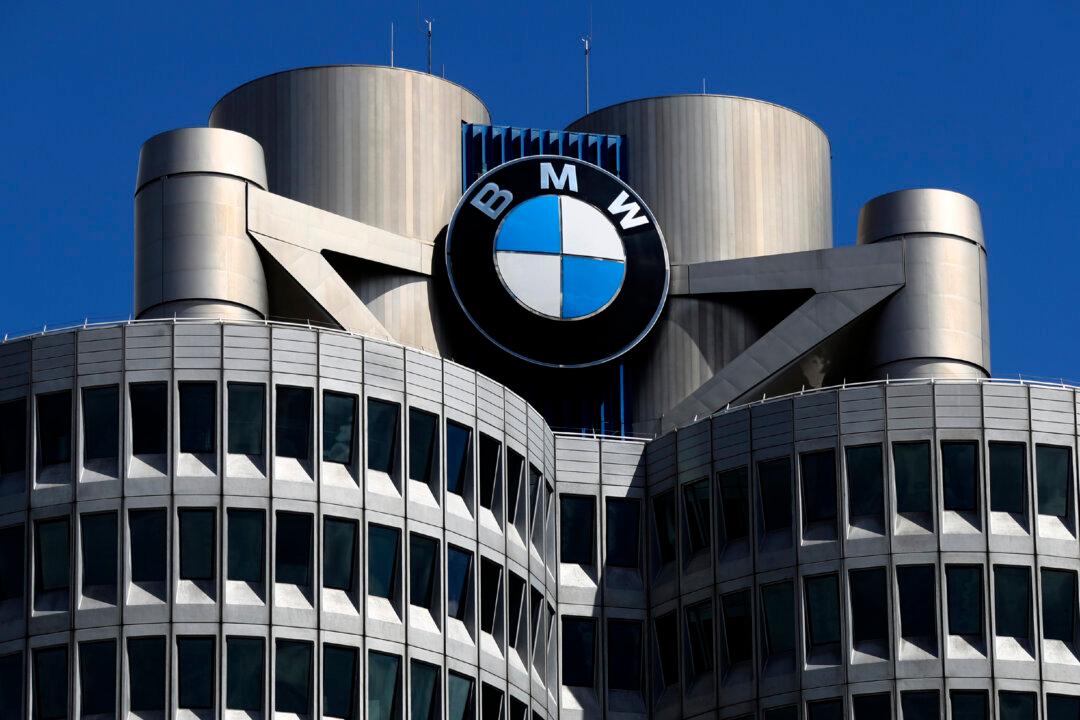BMW AG announced an adjustment to its 2024 financial outlook, attributing the change to delivery stoppages and recalls associated with the automaker’s integrated braking system (IBS), supplied by an external vendor.
Those issues, coupled with underwhelming consumer sentiment in China, are expected to impact the company’s sales and profitability, the company said in a press release on Sept. 9.





